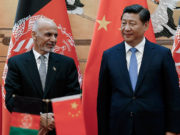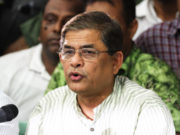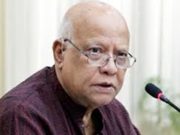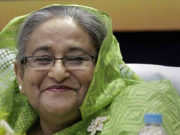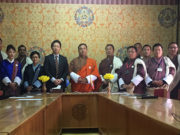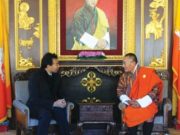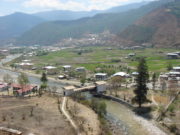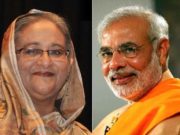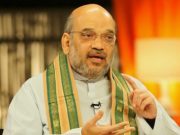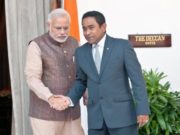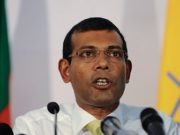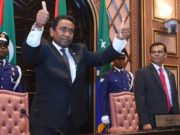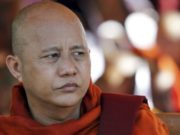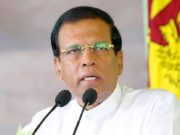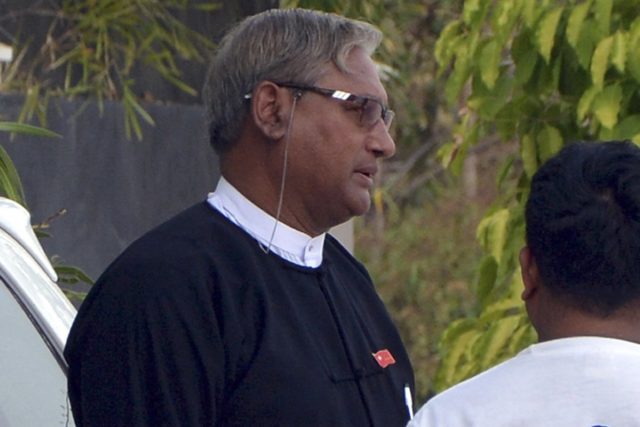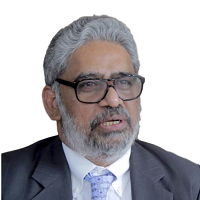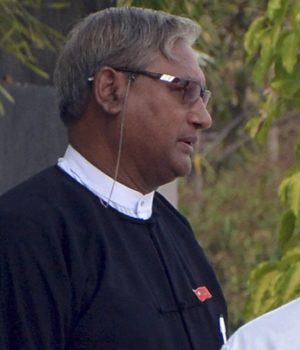This week people in Myanmar were forced to confront the kind of country that it is becoming. On 29 January 2017, U Ko Ni, a prominent lawyer and legal advisor, was tragically assassinated at Yangon International Airport. He was returning from a trip to Indonesia with the Information Minister U Pe Myint.
A widely-respected expert in constitutional law, Ko Ni was a powerful voice within the ruling National League for Democracy against the continued power of the military, which retains a grip over key institutions. He also helped draft a hate speech law and spoke out for the rights of minorities including persecuted Rohingya Muslims, tens of thousands of whom have fled to Bangladesh in recent months following security operations on the western border.
Ko Ni was born near Katha in Saigang Division in 1953, and was the son of a Muslim Bengali father from India and a Burmese mother. This was not unusual for the time. In the early 1900s, his father came to Burma through his work with the British Indian army. Burma at the time was considered to be part of the British Indian colonial empire. His mother was a Burmese Buddhist, although she herself was also the daughter of a Muslim father and a Buddhist mother.
Mr. Ko Ni as a practicing lawyer has handled more than 900 criminal cases. He was best known abroad for advocating human-rights causes. In 2015 he criticized Ms. Suu Kyi’s National League for Democracy for failing to put forward any Muslim candidates during that year’s national elections. Anti-Muslim sentiment has been growing in Myanmar recent years, fueling sectarian violence in western Rakhine state, where around one million ethnic-Rohingya Muslims live and are denied citizenship.
He was the founder of Myanmar’s Muslim lawyers Association and had contributed the nation with his expertise in law. He was a strong advocate for peace, interfaith dialogue and harmony in the country. It is an irreparable loss for the nation.
This past week Mr. Ko Ni was part of a Myanmar government delegation that traveled to Indonesia for discussions on how to resolve the continuing tension in Myanmar’s Rakhine state. Those talks also included Buddhist Rakhine leaders. More than 65,000 Rohingya have fled across the border to Bangladesh in recent months after Myanmar security forces began clearing parts of the state in search of Rohingya militants.
The assassination of U Ko Ni, is a reflection of how intimidating the situation is for those who are working for peace and dialogue, especially when they are from minorities or non-Buddhist religious groups.
U Ko Ni will be remembered all times for his heroic struggle for the rights of Muslim communities and other minorities in the country, and also for his relentless fight for constitutional changes for a truly democratic Myanmar.




